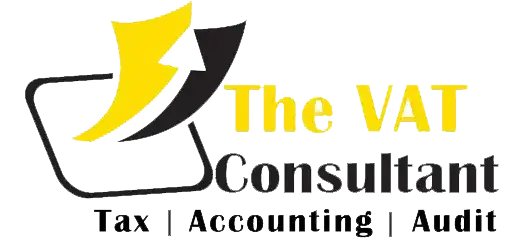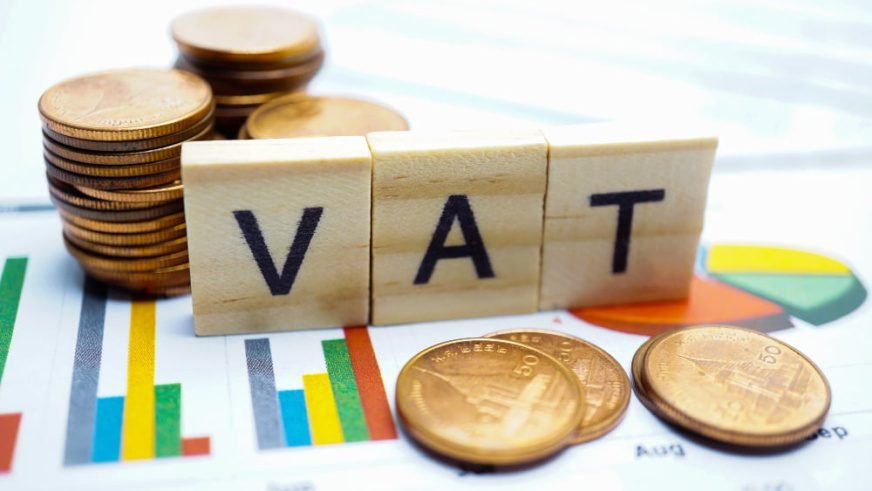With the impending arrival of the Value Added Tax (VAT) system in the United Arab Emirates (UAE), it is imperative to become acquainted with its essential features. VAT is a general consumption tax that will be levied on most goods and services transactions, barring specific exemptions stipulated by law. This taxation method operates on the principle of ‘Value Addition,’ where VAT is imposed at every stage in the supply chain. Furthermore, the input tax deduction mechanism ensures that businesses essentially serve as intermediaries for tax collection, with the ultimate burden falling on end consumers.
Government authorities have been diligently paving the way for VAT in the UAE, achieving several significant milestones in this process, including:
1. The Ministry of Finance (MOF) releasing the Draft UAE VAT Law.
2. The publication of the Federal Law on tax procedures.
3. Issuance of the VAT Decree-Law.
4. The initiation of online VAT registration on the Federal Tax Authority (FTA) portal.
The next critical step toward implementing VAT in the UAE is the finalization of the executive regulations.
VAT Implementation in the UAE
The introduction of VAT in the UAE is set for January 1, 2018. The UAE and the Kingdom of Saudi Arabia will be the first GCC member countries to adopt VAT, with other member nations such as Bahrain, Oman, Qatar, and Kuwait expected to follow suit in mid-2018 or early 2019.
A standard VAT rate of 5% will apply to the supply of goods and services in the UAE. Nevertheless, specific supplies, including local passenger transportation, specified financial services, healthcare, and exports outside the GCC, will either be zero-rated or exempt from VAT in the UAE. Detailed guidelines for these exemptions will be available upon the release of the ‘Executive Regulations’ for VAT.
Preparing Businesses for Value Added Tax in the UAE
The time available for businesses to prepare for the new VAT system is limited, as the implementation date of January 1, 2018, is just two months away. Being ‘VAT Ready’ doesn’t only refer to readiness on that specific date but also signifies your current state of readiness for VAT.
Being ‘VAT Ready’ encompasses several essential steps:
1. Ensuring accurate recording of all financial transactions and keeping books of accounts up to date, as they will be used to determine whether your annual turnover exceeds the registration threshold.
2. Charging VAT on the supply of taxable goods and services, accounting for VAT paid on purchases, and claiming input tax deductions.
3. Regularly filing online VAT returns, disclosing details of VAT charged and paid.
The first immediate step toward VAT readiness is to explore and implement the best VAT software, which not only ensures compliance when VAT is implemented but also facilitates a smooth transition into the new VAT era.
Alongside software preparation, businesses must also grasp the fundamentals of VAT and its implications for their operations. They may need to adapt their business processes, financial management, bookkeeping, and other aspects to align with VAT requirements. Here are some key tasks for VAT readiness:
– Identify and implement suitable VAT software aligned with your business activities.
– Educate your teams about VAT fundamentals and its impact on your business.
– Review and adjust your business processes, including pricing, procurement, invoicing, and logistics, to comply with VAT requirements.
– Ensure that your books of accounts are accurate and up to date.
– Communicate with your vendors and customers about VAT and its implications on transactions.
Preparation and a seamless transition to the VAT system are crucial for businesses in the UAE as the implementation date draws near.
You can also Register for VAT Registration on our website:
https://thevatconsultant.com/





























